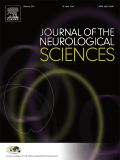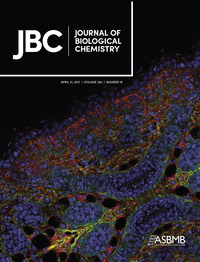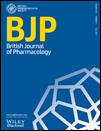 Last year, a researcher cast doubt on a bone scientist’s clinical trials, suggesting some of the findings may not be legitimate. So what’s happened since?
Last year, a researcher cast doubt on a bone scientist’s clinical trials, suggesting some of the findings may not be legitimate. So what’s happened since?
Since 2015, journals have retracted 14 papers by bone researcher Yoshihiro Sato, based at Mitate Hospital in Japan, for issues ranging from self-plagiarism, to problems with data, to including co-authors without their consent. (We covered the latest two retractions this week.) Last year’s analysis identified patterns in more than 30 of Sato’s clinical trials that suggest systematic problems with the results. (Sato has defended his research.)
With doubts cast on Sato’s body of work, we contacted the journals that have published his papers involving human trials, to see if any taken another look at Sato’s work; several responded. While most believe there is little reason to take further action at this time, some told us they are investigating.
Continue reading A shadow was cast on a bone researcher’s work. What are journals doing about his papers?



 A pharmacology journal has
A pharmacology journal has 


